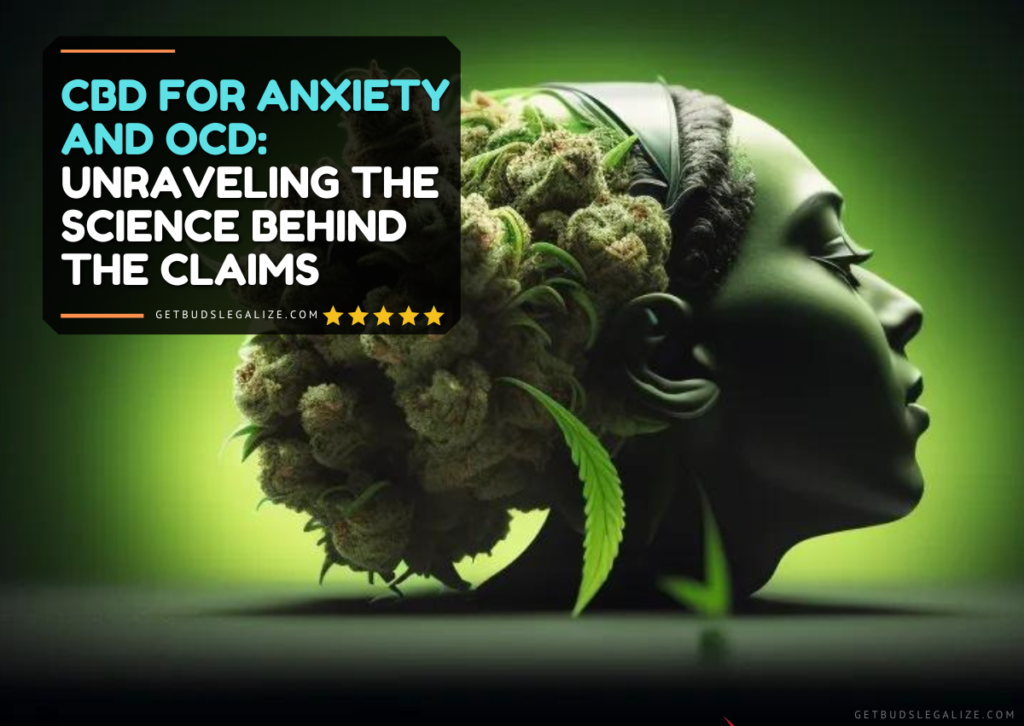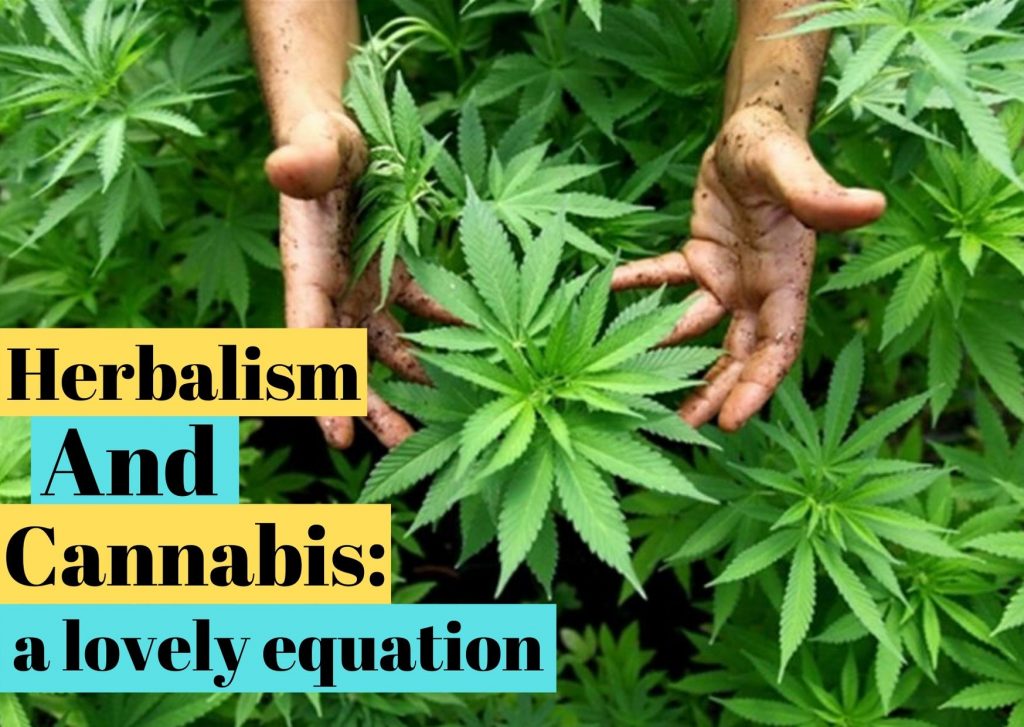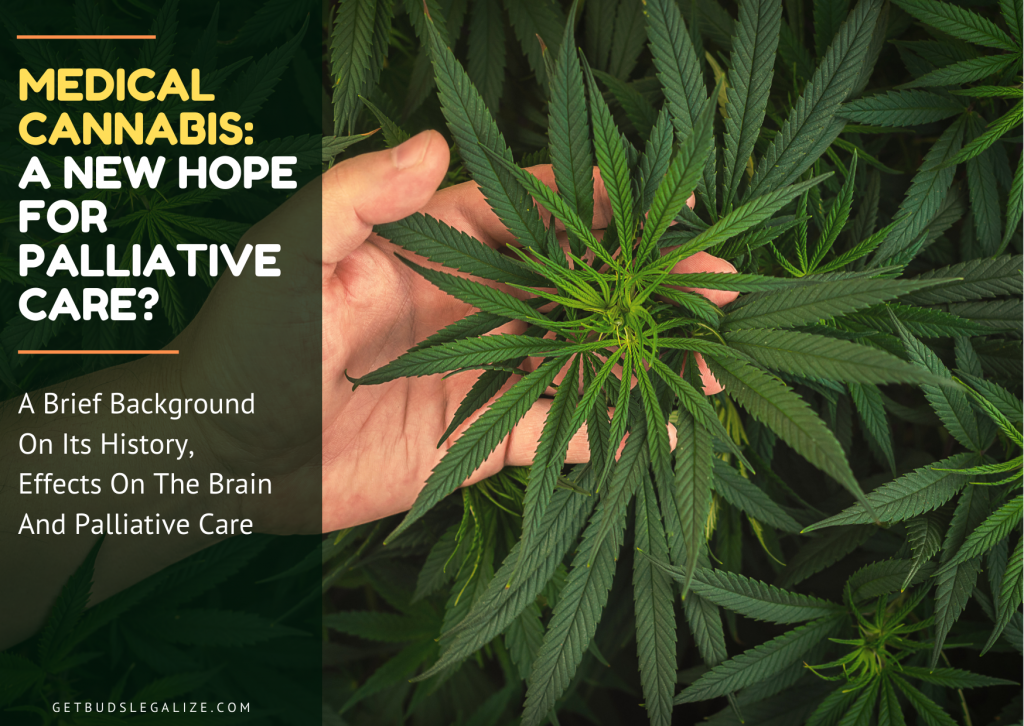CBD for Anxiety and OCD: Unraveling the Science Behind the Claims
Imagine experiencing constant worry, intrusive thoughts, and repetitive behaviors consuming your daily life. For millions of people living with anxiety and obsessive-compulsive disorder (OCD), these challenges are all too familiar. But what if there was a natural solution that could alleviate these symptoms and bring relief?
In this article, we’ll delve into the science behind claims of CBD’s effectiveness in treating anxiety and OCD. We’ll shed light on what the scientific community knows about CBD’s potential for mental health.
Understanding Anxiety and OCD: The Challenges to Overcome
Before we dive into the details of CBD and how it works, it’s crucial to understand the complexities of anxiety and obsessive-compulsive disorder. These mental health conditions present a unique set of challenges that people face daily.
Anxiety is characterized by persistent worry, fear, and high levels of stress, while OCD is characterized by intrusive thoughts and repetitive behaviors that can significantly disrupt normal functioning. The impact of these conditions on people’s lives cannot be underestimated.
Living with anxiety or OCD means facing a constant battle within yourself. Incessant worry and intrusive thoughts can make even the simplest tasks overwhelming.
Engaging in repetitive behaviors, such as grooming or excessive checking, is often a coping mechanism that people with OCD employ to try to gain control over their anxious thoughts. However, these behaviors provide only temporary relief, perpetuating a vicious cycle that can be incredibly difficult to break.
Furthermore, anxiety and OCD are not limited to a specific age group or demographic. They can affect anyone, regardless of their age, background or circumstances. This widespread prevalence highlights the urgent need for effective treatment options that can provide relief and improve the quality of life of those living with these problems.
Unfortunately, finding a reliable solution for these pathologies is not an easy task. Traditional treatment options, such as therapy and medications, may be effective for some individuals, but may not work for everyone. This leaves a significant portion of the population seeking alternative therapies and remedies. This is where CBD comes in.
CBD has gained popularity as a potential treatment option for anxiety and obsessive compulsive disorder due to its calming and anxiolytic properties. As we explore the science behind these claims, it’s important to keep in mind the challenges faced in researching CBD’s effectiveness. Limited funding, legal restrictions, and the need for further study help fill gaps in our understanding of CBD’s true potential for mental health.
In the face of these challenges, it is crucial to approach this topic with skepticism, while remaining open to the possibilities it can offer. By examining current research, contradictory findings, and limitations of existing studies, we can gain a clearer understanding of the landscape and better evaluate CBD’s true potential to alleviate such symptoms and disorders.
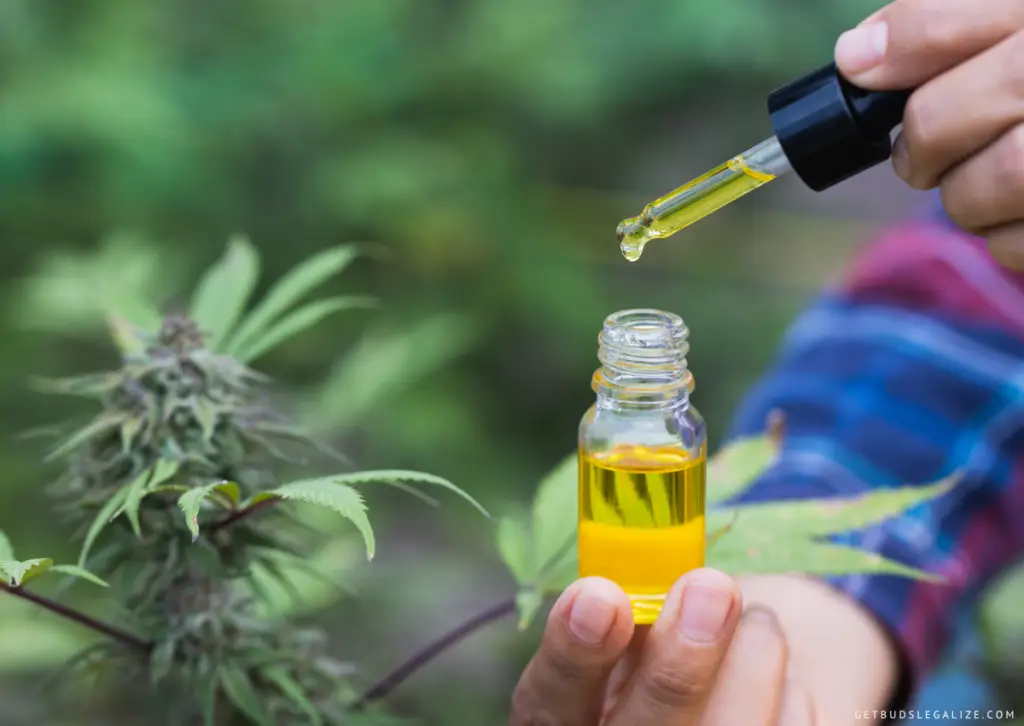
What Exactly CBD Is and How Does It Work?
Cannabidiol (CBD), is one of the many compounds found in the plants of cannabis. Unlike its well-known counterpart, THC, which is responsible for the psychoactive effects of marijuana, CBD does not produce a “high” sensation. This distinction is important, as it allows CBD to be used therapeutically without the mind-altering effects typically associated with marijuana use.
The human body possesses a complex network of receptors referred to as the endocannabinoid system (ECS). The ECS plays a crucial role in regulating various physiological functions, including mood, sleep, appetite, and stress response. CBD interacts with the ECS by binding to specific receptors, mainly the CB1 and CB2 receptors.
However, the exact mechanisms by which CBD acts on these receptors and influences the ECS are still being studied.
One possible reason why CBD could have a calming effect on anxiety is that it might boost the levels of anandamide, a naturally occurring cannabinoid in the body that is often known as the “happiness molecule.” Anandamide is believed to regulate mood, so when its levels are elevated, it can promote feelings of relaxation and overall well-being.
Additionally, CBD has been found to interact with serotonin receptors, which play a role in regulating anxiety and mood. It is hypothesized that CBD may improve the transmission of serotonin signals, potentially leading to a reduction in anxiety symptoms.
However, it is important to note that the specific mechanisms of CBD’s action on the ECS and its potential effects on anxiety and OCD are not yet fully understood. Existing research provides valuable information on the potential therapeutic effects of CBD, but further studies are needed to confirm and expand these findings.
With a basic understanding of what CBD is and how it interacts with the body, we can now explore the research on CBD for anxiety and OCD and the promising results that have emerged.
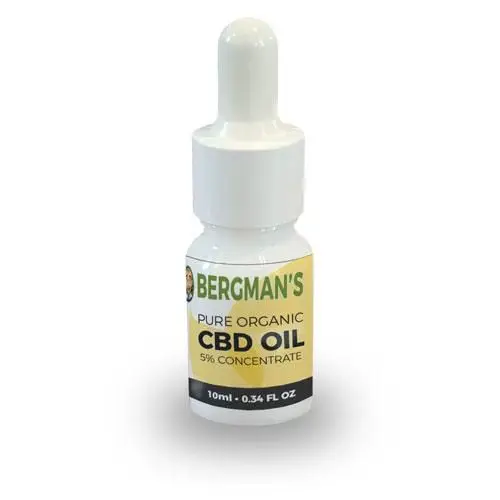
ILGM CBD Oil
Are you interested in a natural supplement that has minimal side effects? If so, you may want to consider CBD. This organic compound comes with a range of health benefits. Unlike THC, it doesn’t produce a noticeable high, but it has many useful qualities. Buy CBD for Anxiety!
$49
Promising Results of CBD for Anxiety Relief
Numerous studies have been conducted to investigate the effects of CBD on anxiety and the results that emerged have been promising. In a double-blind study published in 2019, researchers found that CBD significantly reduced anxiety in individuals with social anxiety disorder.
Another study conducted in 2011 showed that administering CBD before a public speech reduced anxiety levels in participants. These findings suggest that CBD has the potential to alleviate anxiety symptoms in various contexts.
In addition to these specific studies, there is also evidence to suggest that CBD may have broad anxiolytic effects. A review published in 2015 analyzed numerous studies and concluded that CBD has potential as a treatment for multiple anxiety disorders, including generalized anxiety disorder, panic disorder, post-traumatic stress disorder, and social anxiety disorder.
This comprehensive review adds weight to the growing body of research supporting CBD’s therapeutic potential for anxiety-related conditions.
The Potential of CBD for OCD: Limited Evidence But Hopeful Signals
A study published in the Journal of Clinical Psychology found that CBD can reduce the symptoms of OCD in adults. Participants who received CBD experienced a significant reduction in anxiety levels and obsessive-compulsive symptoms compared to those who received a placebo.
Another study conducted in animal models suggests that CBD may have anti-compulsive effects by influencing the brain’s serotonergic system, which is known to play a role in OCD.
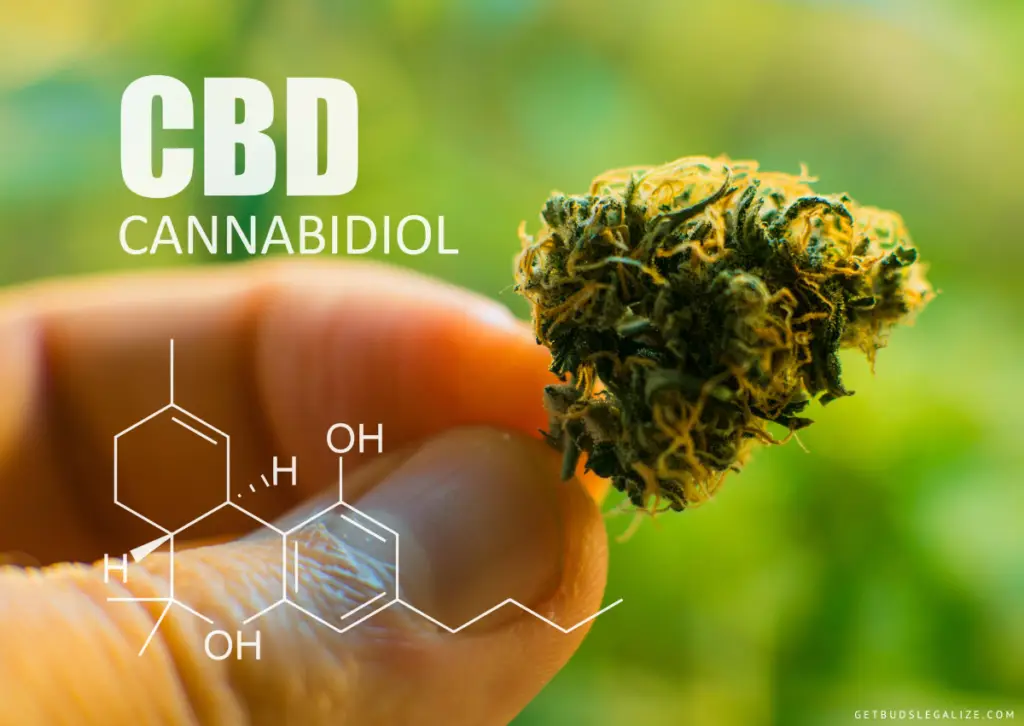
Contradictions and Caveats: Understanding the Limitations
It is important to acknowledge that while there are positive findings and potential benefits of CBD, there are also limitations and contradictions in the current body of research.
One major limitation is the lack of standardized guidelines for CBD dosing. Each individual’s response to CBD may vary based on factors such as body weight, metabolism, and severity of symptoms. Without clear guidelines, determining the optimal dosage for people with anxiety or OCD becomes difficult.
Moreover, the long-term effects of CBD use are still unclear. While short-term studies have indicated potential benefits, it is critical to understand how CBD can impact individuals over extended periods. Long-term studies are necessary to determine whether CBD can safely and effectively maintain its positive effects in managing anxiety and OCD symptoms.
Additionally, potential interactions between CBD and other medications are not yet well understood. CBD has the potential to interact with some medications, altering their effects or causing unwanted side effects. It is crucial for individuals using CBD as a treatment option to consult a healthcare professional to ensure it is safe to use alongside any existing medications.
Navigating The World of CBD Products: What To Look For
Although CBD is generally considered safe, it is important to be aware of the potential risks and disadvantages. First, the lack of regulatory oversight in the CBD industry means that not all products are created equal. There have been mislabeling cases, where the actual CBD content in a product differs significantly from what is stated on the label. This can make it difficult to accurately determine the appropriate dosage for managing anxiety or OCD.
To ensure you are purchasing high-quality CBD, look for companies that provide third-party lab test results. These results should confirm the potency and purity of the product, giving you confidence that what you are consuming is as advertised. Additionally, reputable brands often provide clear and transparent information about their sourcing and manufacturing methods, which can help you make an informed decision.
Another important factor to consider is how the product is consumed. CBD can be found in various forms, including oils, capsules, edibles, topicals, and vape pens. Each delivery method has its pros and cons, and your choice ultimately depends on your personal preferences and lifestyle. For example, CBD oils and tinctures offer flexibility in dosing, while edibles are a discreet and convenient option. It’s worth experimenting with different shapes to find one that suits your needs and preferences.
Additionally, potential interactions between CBD and other medications are not yet well understood. CBD has the potential to interact with some medications, altering their effects or causing unwanted side effects. It is crucial for people considering CBD as a treatment option to consult a healthcare professional to ensure it is safe to use alongside any existing medications.
Final Thoughts
In conclusion, the science behind CBD is an ongoing journey. By exploring current research, we have uncovered promising findings that suggest CBD may have the potential to reduce anxiety symptoms and manage OCD. However, it is essential to approach CBD as a therapeutic option under the guidance of a healthcare professional.
Remember that the path to understanding and harnessing CBD’s true potential lies in scientific exploration, professional guidance, and a commitment to personal growth.
FAQs About CBD for Anxiety and OCD
Obsessive-Compulsive Disorder (OCD) is a mental health condition that can cause unwanted and intrusive thoughts or fears (obsessions) and repetitive behaviors or rituals (compulsions).
Some common OCD symptoms may include excessive hand washing, checking things repeatedly (such as locks or appliances), counting objects or arranging them in a certain way, or having intrusive thoughts that are distressing or disturbing.
It is important to seek professional help if you or someone you know experiences these symptoms, as OCD can significantly impact daily life and well-being if left untreated.
CBD, short for cannabidiol, is a non-psychoactive compound extracted from the cannabis plant. It has been found to have numerous potential health benefits, such as reducing anxiety and depression, alleviating pain and inflammation, improving sleep quality, and even aiding in the treatment of epilepsy and other neurological disorders.
However, further research is needed to fully understand the effectiveness and safety of CBD, and it is important to consult with a healthcare professional before using it for any medical purposes.
If you’re on the hunt for a product to help you manage your anxiety, there are plenty of options available on the market. From CBD oils and tinctures to capsules, edibles, and topicals, each product has its own unique set of pros and cons.
It’s crucial to carry out thorough research and select a product that meets your requirements and preferences. Additionally, it’s always a smart move to seek the advice of a healthcare professional before adding any new supplements to your daily regimen.
It is important to consult with a healthcare professional before using any form of CBD for OCD treatment. While there is some evidence that CBD may help manage symptoms of anxiety, depression, and sleep disorders, more research is needed to determine its effectiveness for OCD specifically.
Additionally, it is important to note that the quality and dosage of CBD products can vary significantly, so it is crucial to choose a reputable brand and follow the recommended dosage guidelines.
When it comes to using CBD for anxiety, the appropriate dosage can vary based on several factors such as body weight, severity of symptoms, and the concentration of CBD in the product you are using. It is always best to start with a low dose and gradually increase until you achieve the desired effect.
As a general guideline, a dosage of 20-30 mg of CBD per day is effective for relieving anxiety in many people, but it is important to consult a healthcare professional before starting any new treatment.
There is some evidence to suggest that CBD may help with symptoms associated with OCD, including intrusive thoughts.
However, more research is needed to fully understand the potential benefits and risks of using CBD for OCD. It is important to always consult a doctor before starting any new treatment regimen.
If you’re seeking natural remedies for anxiety and OCD, you may have come across hemp and CBD oil. While both oils are derived from the cannabis plant, they have different properties and uses.
Hemp oil is extracted from the seeds of the hemp plant and is rich in nutrients like omega-3 and omega-6 fatty acids. On the other hand, CBD oil is extracted from the flowers, leaves, and stalks of the plant and contains high levels of cannabidiol (CBD), a non-psychoactive compound known for its anti-anxiety and anti-inflammatory effects.
While both oils have potential benefits for anxiety and OCD, it’s important to consult with a healthcare professional to determine the best treatment plan for your specific needs.
Cannabis has been found to have potential benefits in treating anxiety. However, it is important to note that the use of cannabis should always be discussed with a medical professional, as it may not be suitable for everyone.
Additionally, the specific strain and dosage of cannabis may vary depending on the individual’s needs and medical history. It is crucial to obtain medical advice and guidance before using medicinal cannabis for treating anxiety or any other medical condition.
Doctors can prescribe CBD (Cannabidiol) as a treatment option for anxiety and OCD. CBD is a non-psychoactive compound found in the Cannabis plant, and it has been found to have potential therapeutic benefits for a variety of mental health conditions.
However, it’s important to note that the effectiveness of CBD for anxiety and OCD is still being studied, and doctors may recommend other treatments or therapies based on individual needs and medical history.
While both options can be effective for managing anxiety, there are important differences to consider when choosing between them. Full spectrum CBD contains a range of beneficial compounds found in the hemp plant, including other cannabinoids, terpenes, and flavonoids, while CBD isolate contains only pure CBD.

